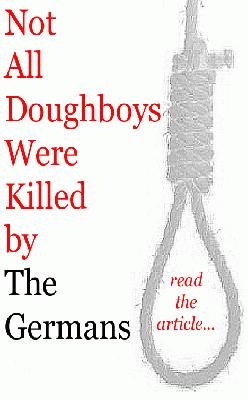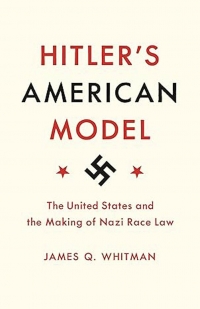African-American History - Ku Klux Klan
 "The Klan has set New York by the ears; Mayor Hylan has ordered the police to investigate the activities of an accredited representative of the Invisible Empire, and, save in one instance reported in the press, the order has been denounced in Protestant, Catholic and Jewish circles alike...Exciting much comment was the accusation that Calvary Baptist Church, the largest of its denomination in New York, was a hotbed of Klan propaganda; but the charge was vigorously denied in a statement signed by leading members and by Dr. John Roach Straton, Pastor..." An Atlantic Monthly article by LeRoy Percy (1860– 1929), a well-off planter who had successfully fought the spread of the KKK into Washington County, Mississippi. This article explains how the Klan operated in 1922. Their wide-spread appeal is also discussed.
"One of the strangest aberrations in American life since the war is the growth of the Ku Klux Klan. In the North that organization, when considered at all, has been thought of as a colossal buffoonery, a matter unworthy of the time or thought of intelligent folk; and indeed for the average American, with his common sense and his appreciation for the ridiculous, any other attitude of numbers would seem unlikely...The Klan excludes from membership Negroes, Jews, Catholics and foreign-born, whether citizens or not. In its own phrase, it is the only Gentile White Protestant American-born organization in the world. It is secret... When asked if he is a member, the custom is for a good Klansman to evade, more rarely to reply in the negative, but in any event not to avow his membership."
Click here to learn about the origins of the term "Jim Crow".
An article from The Outlook reported on the enormous amount of discomfort that the Ku Klux Klan was generating among Catholics in 1922 Kansas. During a New York interview, Kansas Governor Henry J. Allen (1868 - 1950) remarked about the piles of letters his office received imploring that the state take action and how he, too, had been threatened by the organization.
"Kansas is engaged in trying out the Ku Klux Klan through an action in the State Supreme Court to restrain it's secret activities." A couple of years after the membership lists of the Ku Klux Klan had swelled to record levels, and just seven years after a chic Hollywood film director made a movie that ennobled their crimes,the Administrative Committee of the Federal Council of Churches of Christ in America issued a statement which served to distance the Protestant churches from that hate-filled organization.
From Amazon: Gospel According to the Klan: The KKK's Appeal to Protestant America, 1915-1930
A two page article reporting on the growth of the KKK throughout the United States in the early Twenties, it's general rise in popularity and the resolve of elected officials at both the state and Federal levels to contain the "Invisible Empire".
Interesting comments can be read by a reformed Klansman named H.P. Fry, who authored a cautionary memoir titled, The Modern Ku Klux Klan . .
When the U.S. Supreme Court gave their decision concerning the 1940 appeal of a lower court's verdict to convict three African-Americans for murder, civil libertarians in Washington held their collective breath wondering how Justice Hugo Black approached the case. Black, confirmed in 1937 as FDR's first court appointee, admitted to having once "been made a 'life member' of the Ku Klux Klan. This column was one of any number of other articles from that era that reported on the Alabaman's explanation behind his Klan associations:
"I did join the Klan... I later resigned. I never rejoined." |
MORE ARTICLES >>> PAGE: * 1 * 2 * 3 * 4 * 5 * |

| -from Amazon:
 |
|
|
|